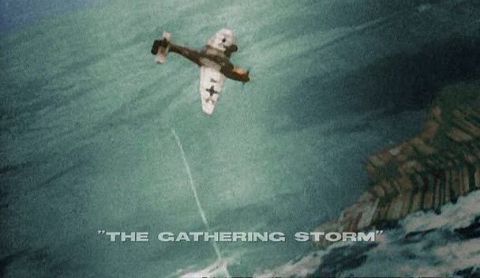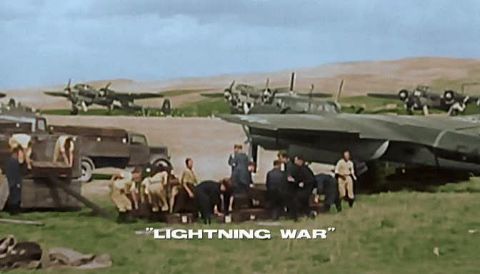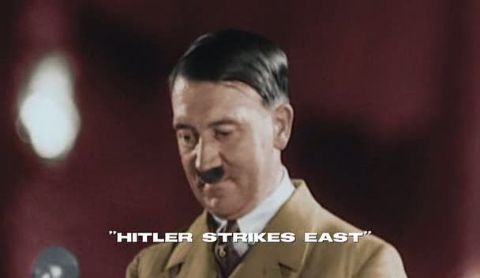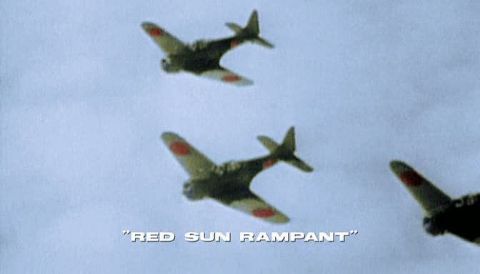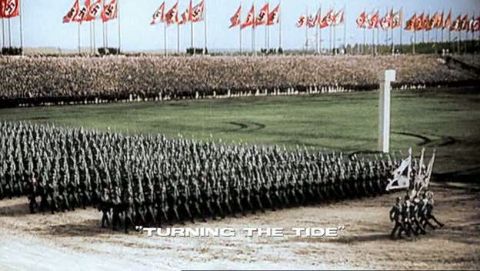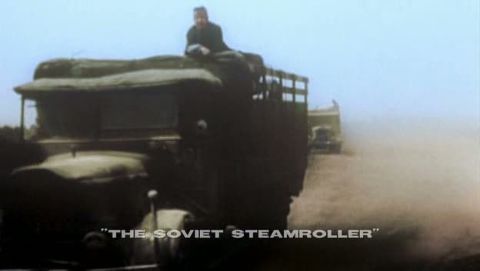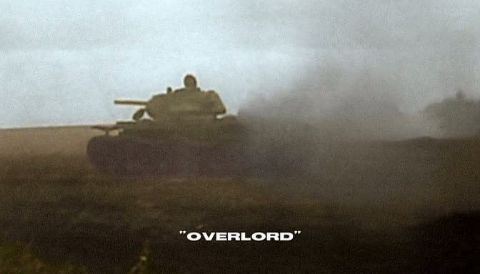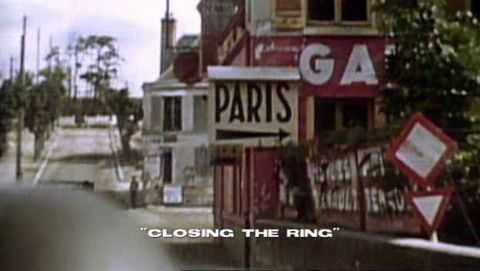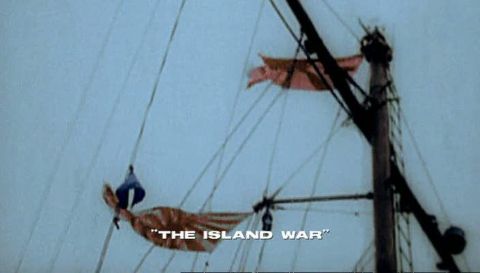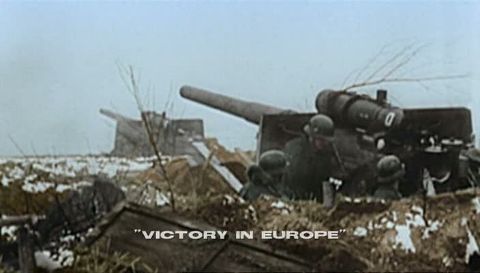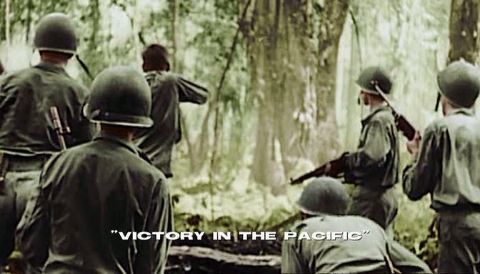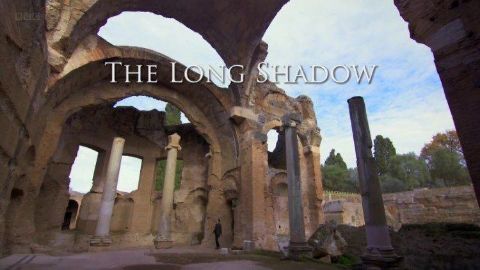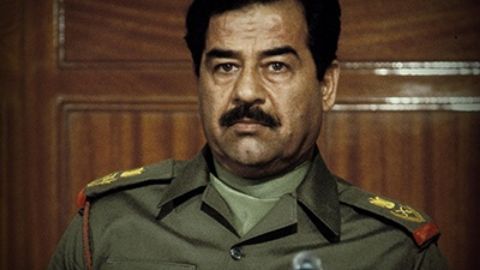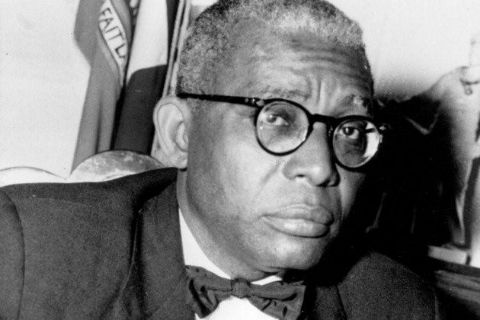The Mediterranean and North Africa • 2009 • episode "6/13" • World War II In HD Colour
Mussolini's ambition had always been to recreate the old Roman empire. The trouble was, militarily, he was a disaster. After failed attacks in North Africa and Greece, his armies were on the run. Hitler, now faced a difficult choice. Did he divert troops needed at other fronts to support his ally, or did he let Mussolini fall ? Hitler chose to support him - a decision that would spell disaster for both of them. Hitler would lose hundreds of thousands of troops. Mussolini would be assassinated. This film tells the extraordinary story of the war in North Africa and features the heroics of the tiny island of Malta as it withstood wave after wave of Nazi assault. It ends with the Allies fighting their way up Italy and Germany in retreat.
Make a donation
Buy a brother a hot coffee? Or a cold beer?
Hope you're finding these documentaries fascinating and eye-opening. It's just me, working hard behind the scenes to bring you this enriching content.
Running and maintaining a website like this takes time and resources. That's why I'm reaching out to you. If you appreciate what I do and would like to support my efforts, would you consider "buying me a coffee"?
Donation addresses
BTC: bc1q8ldskxh4x9qnddhcrgcun8rtvddeldm2a07r2v
ETH: 0x5CCAAA1afc5c5D814129d99277dDb5A979672116
With your donation through , you can show your appreciation and help me keep this project going. Every contribution, no matter how small, makes a significant impact. It goes directly towards covering server costs.
